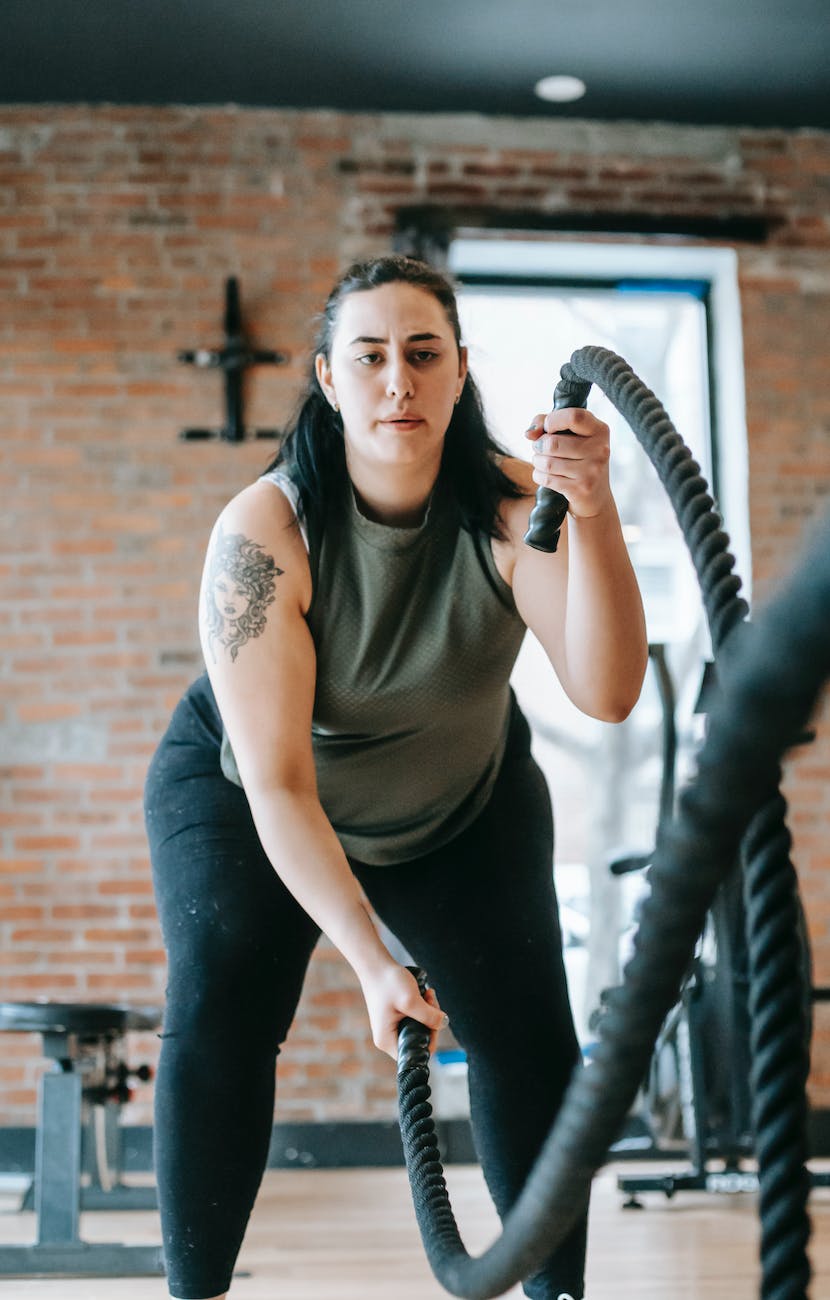Weight loss can be an uphill battle, especially after hitting the milestone of 30 years. It’s a common struggle to many, but understanding the reasons behind this difficulty can help you tackle it effectively.
In this blog post, we’ll explore the factors contributing to weight gain and provide actionable tips to overcome them.

Table of Contents
Slowing metabolism affects weight loss
After turning 30, your metabolism gradually starts to slow down. This decline is a natural part of the aging process, leading to fewer calories burned at rest. The decrease in metabolic rate can make shading weight more challenging.
Hormonal change
Hormonal fluctuations play a significant role in weight management.
In women, lower estrogen levels can lead to weight gain, particularly in the abdominal area.
For men, declining testosterone levels can affect muscle mass and metabolism.
Balancing hormones can support weight loss efforts.
Increased responsibilities
As you enter your 30s, life often gets busier with responsibilities. These commitments can leave less time for self-care.
Prioritizing your health and creating a schedule that accommodates regular physical activity and nutritious meals is crucial for weight loss success.
Muscle loss slows weight loss
With age, muscle mass naturally declines. This loss of muscle tissue can reduce your overall calorie-burning capacity, making it easier to gain weight.
Daily exercise can help preserve and build muscle, boosting your metabolism and aiding in weight loss.
Stress and lifestyle factors
Sleep habits, stress, and unhealthy lifestyle can all contribute to weight gain after 30.
Stress triggers the release of cortisol, a hormone linked to weight gain, particularly around the midsection.
Prioritizing stress management techniques, such as exercise can support weight loss efforts.
FAQ’s about weight loss challenge
Can I still lose weight after 30?
Absolutely! While it may be more challenging, shedding weight is achievable at any age. By adopting a balanced diet, regular exercise, and improved lifestyle can help shed those extra pounds.
What type of exercises are best for weight loss after 30?
A combination of cardio exercises, and strength training, such as weightlifting is ideal for weight. This helps burn calories, increase metabolism, and maintain muscle mass.
Consulting a professional after 30 necessary?
If you have underlying health concerns, consulting a professional, such as a registered dietitian, can provide guidance and support tailored to your specific needs.
Reminder
Losing weight after 30 may require more effort and adjustments, but it is definitely possible.
By understanding the factors influencing weight gain and changing healthy lifestyle choices, such as a balanced diet, regular exercise, stress management, and adequate sleep, you can achieve your target weight.
Remember, it’s never too late to prioritize your health and well-being!




[…] However, weight loss still comes down to overall calorie balance. If metabolic confusion helps you adhere to a calorie deficit without feeling deprived, then it’s worth trying. […]